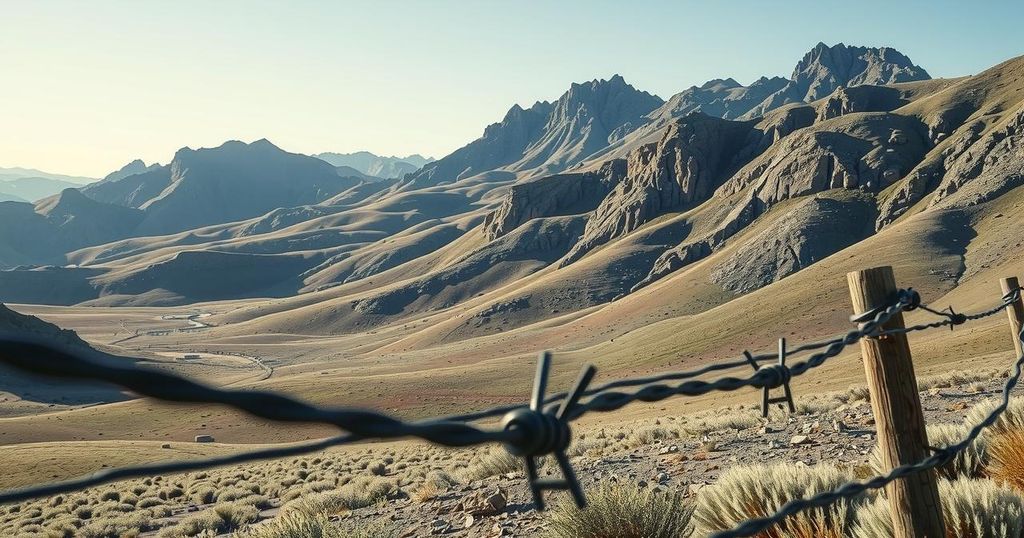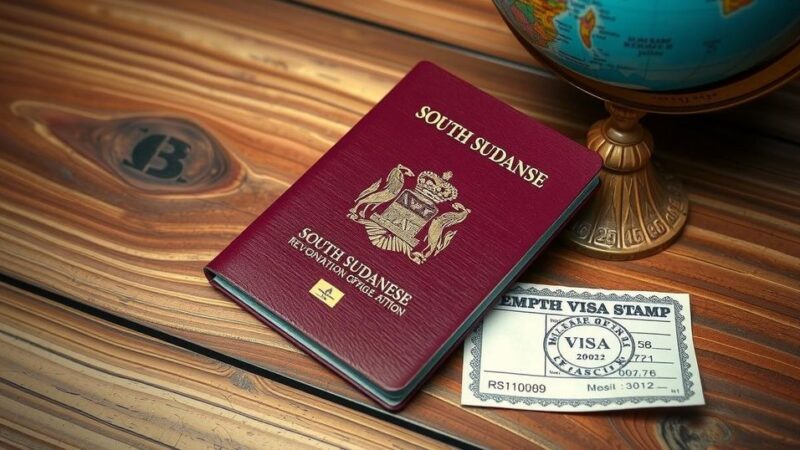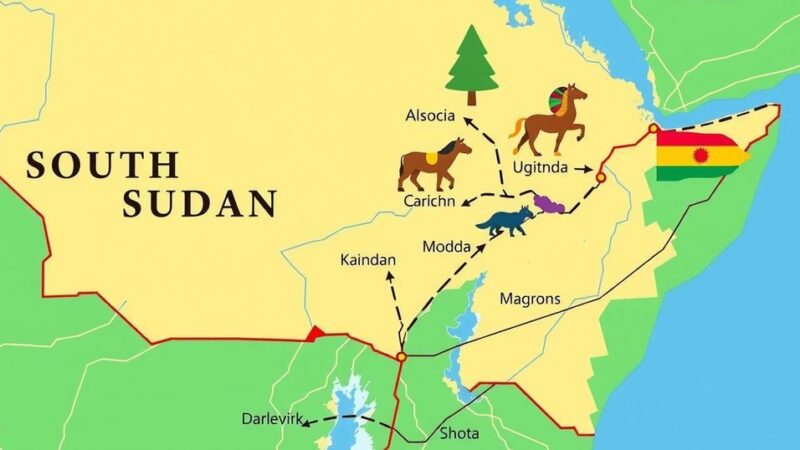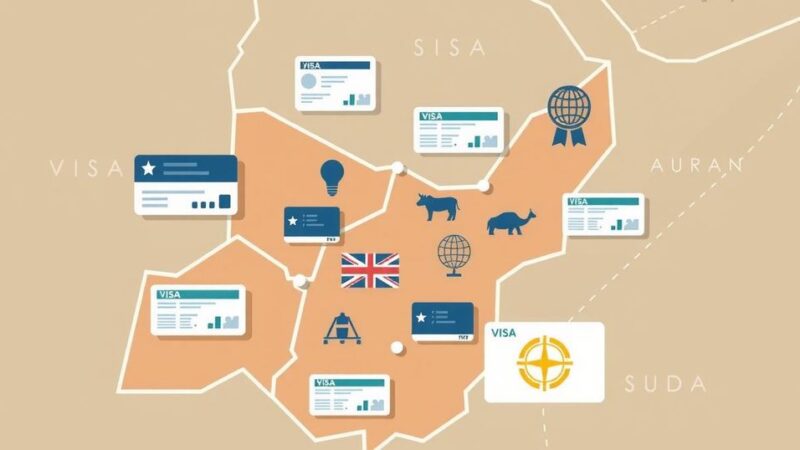Renewed discussions regarding the deployment of international forces along the Lebanon-Syria border have emerged, stemming from the ongoing need to secure the region and enforce disarmament due to recent conflicts. The historical resistance from local groups and complexities within Lebanon complicate these efforts, yet international consensus on a new Resolution 1701 may prove beneficial.
The discussion surrounding the deployment of international forces along the Lebanon-Syria border has resurfaced, initially proposed following the July 2006 War with the approval of UN Security Council Resolution 1701. This resolution aimed to strengthen UNIFIL forces in southern Lebanon but did not mandate international presence along the Syrian border. Despite efforts by France and the United States, the proposal faced strong resistance from both the Assad regime and Hezbollah within Lebanon.
A request was made by former Prime Minister Fouad Siniora’s government in 2007 for U.N. aid to control the Syria border due to escalating security concerns, yet this request did not yield results. Following the outbreak of the Syrian war in 2011, the discussion on deploying international forces intensified, but Lebanon’s internal divisions and ongoing resistance from the Assad regime hindered progress.
Recent conflicts, particularly after the 2023 war, have raised the urgency of securing the border. Clashes between Hayat Tahrir al-Sham and Lebanese tribal fighters have prompted intervention from the Lebanese army, who have worked with Syrian forces to manage tensions. However, events in Hawsh al-Sayyid Ali nearly escalated the situation significantly.
It is now imperative for Lebanon to enforce border security by eliminating illegal crossings, disrupting Hezbollah’s weapon supply lines, and disarming groups in border regions. This includes securing any arms caches identified by the army following recent military actions. Lebanon’s mission must extend to establishing a demilitarized zone free from armed fighters that respects Resolution 1701.
The current climate has reopened discussions regarding a revised version of Resolution 1701, aiming to achieve a regional and international consensus for the deployment of forces between Lebanon and Syria, seeking to stabilize this volatile border region effectively.
In summary, the situation on the Lebanon-Syria border remains precarious, with renewed discussions surrounding the deployment of international forces. Despite historical resistance and internal divisions, recent conflicts underscore Lebanon’s need to secure its borders, combat illegal arms, and fulfill disarmament protocols. Future discussions on a revised Resolution 1701 may pave the way for international support in addressing these ongoing challenges.
Original Source: www.lbcgroup.tv






